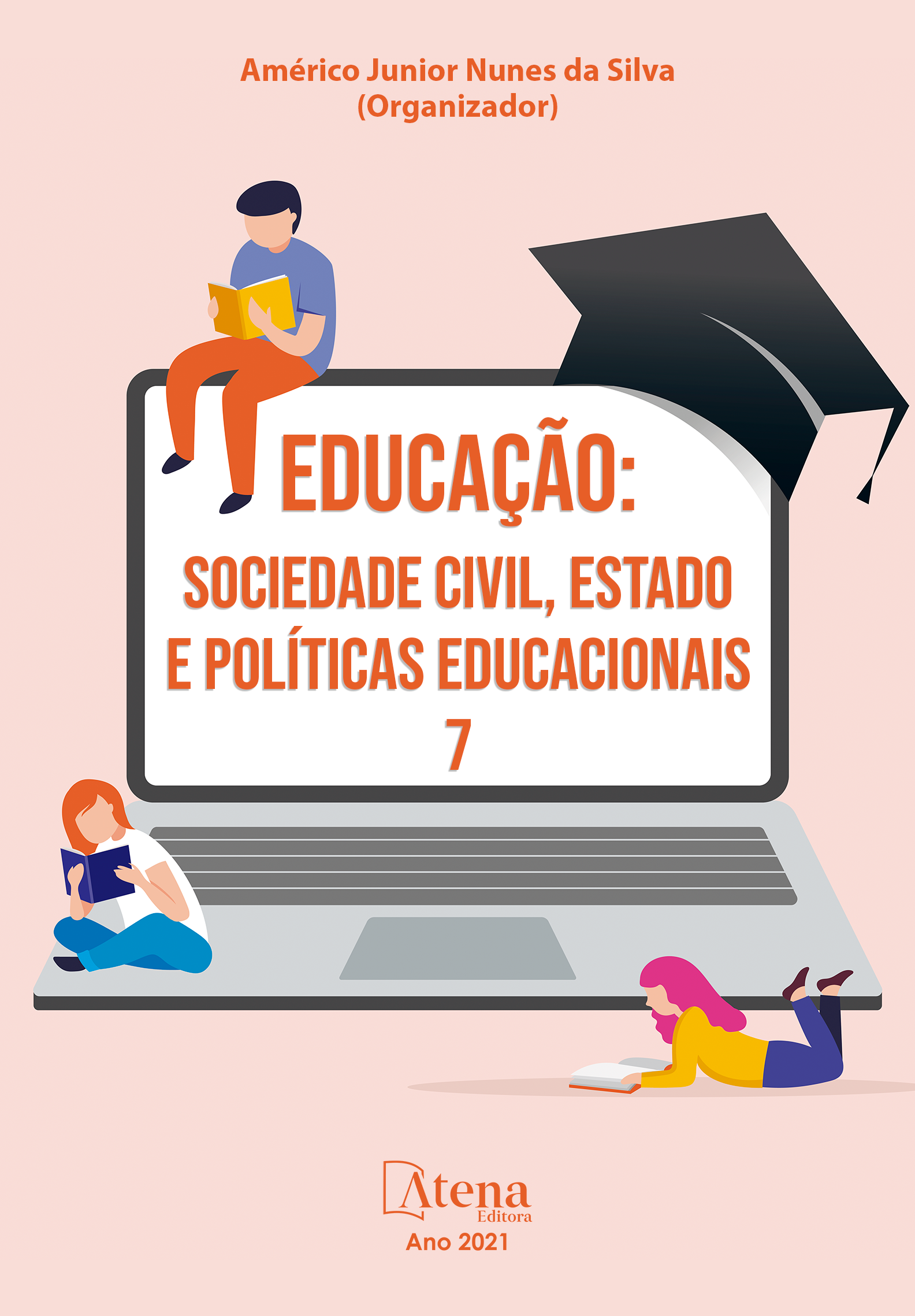
SOBRE SINCRONIAS, ENCONTROS E AFETOS – O MUNDO ENQUANTO SALA DE AULA ou A SALA DE AULA É O MUNDO
À luz das ideias de Lyotard, Henri Lefebvre e Renato Carmo procuramos trazer o cenário extremamente complexo da contemporaneidade que pode ser compreendido enquanto ‘espaço compósito’ – o que também não esgota as possibilidades de sua interpretação, mas a elucida sem a adoção de uma perspectiva redutora. Para Carmo: “O espaço (...) deve ser visto como um campo de tensões no qual os vários segmentos que o constituem tanto colidem como se associam.” (CARMO, 2008). Ora, este campo de tensões que está presente em um certo no espaço, provoca afecções e afetos nos os sujeitos, a tal ponto que somos levados a pesquisar sobre a importância da educação enquanto formadora de valores que contribuam para a construção de uma sociedade civil mais humana e igualitária, bem como nos provoca ao estudo sobre os afetos, em especial das acepções de Nietzsche e Espinosa. Dentro desta perspectiva, se entendermos que a sala de aula é um microcenário deste mundo – campo de tensões que envolvem sujeitos em formação, as assimetrias que são próprias deste espaço devem ser detectadas, compreendidas e trabalhadas a fim de que possam proporcionar encontros alegres. Procuramos discorrer sobre o conceito de espaço compósito aliado às reflexões de Lyotard e Henri Lefebvre sobre a cidade. A seguir, levantamos algumas ideias de Espinosa e Nietzsche sobre as afecções e os afetos, para que, por fim, de posse destes conteúdos possamos criar possibilidades dentro do espaço escolar que configurem a formação de sujeitos cujos valores promovam o respeito à alteridade. São os encontros alegres que aumentam a vontade de vida e “faz da terra um jardim habitado”, nas palavras de Goethe. Neste sentido, o PIBID em nossa Instituição procura tratar do ensino de filosofia por meio da sensibilização estética que, com suas possibilidades de intervenção, tem criado oportunidades para este tipo de encontro.
SOBRE SINCRONIAS, ENCONTROS E AFETOS – O MUNDO ENQUANTO SALA DE AULA ou A SALA DE AULA É O MUNDO
-
DOI: 10.22533/at.ed.74121270117
-
Palavras-chave: Espaço Compósito, Afetos, Espinosa, Nietzsche, PIBID.
-
Keywords: Composite Space, Affection, Espinosa, Nietzsche, PIBID.
-
Abstract:
In the light of the ideas of Lyotard, Henri Lefebvre and Renato Carmo we seek to bring the extremely complex contemporary scenario that can be understood as a 'composite space' - which also does not exhaust the possibilities of its interpretation, but elucidates it without adopting a perspective reductive. For Carmo: "Space (...) must be seen as a field of tensions in which the various segments that constitute it both collide and associate." (CARMO, 2008). Now, this field of tensions that is present in a certain space, causes affections and affections in the subjects, to the point that we are led to investigate the importance of education as a maker of values that contribute to the construction of a more civil society. human and egalitarian, as well as provokes us to study about affections, especially the meanings of Nietzsche and Espinosa. Within this perspective, if we understand that the classroom is a microcenary of this world - a field of tensions involving subjects in training, the asymmetries that are characteristic of this space must be detected, understood and worked on in order to provide happy encounters. We seek to discuss the concept of composite space combined with the reflections of Lyotard and Henri Lefebvre on the city. Next, we raise some ideas of Espinosa and Nietzsche about the affections and affections, so that, finally, with the possession of these contents we can create possibilities within the school space that configure the formation of subjects whose values promote respect for otherness. These are the happy encounters that increase the will to life and “make the land an inhabited garden”, in the words of Goethe. In this sense, PIBID in our institution seeks to address the teaching of philosophy through aesthetic awareness that, with its intervention possibilities, has created opportunities for this type of meeting.
-
Número de páginas: 18
- Angela Zamora Cilento de Rezende


